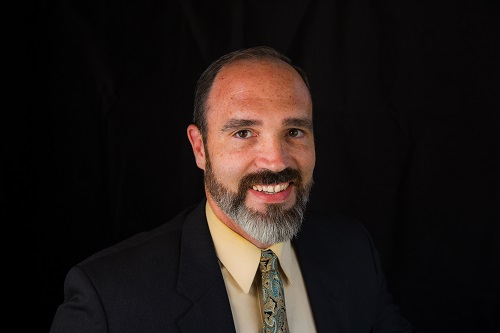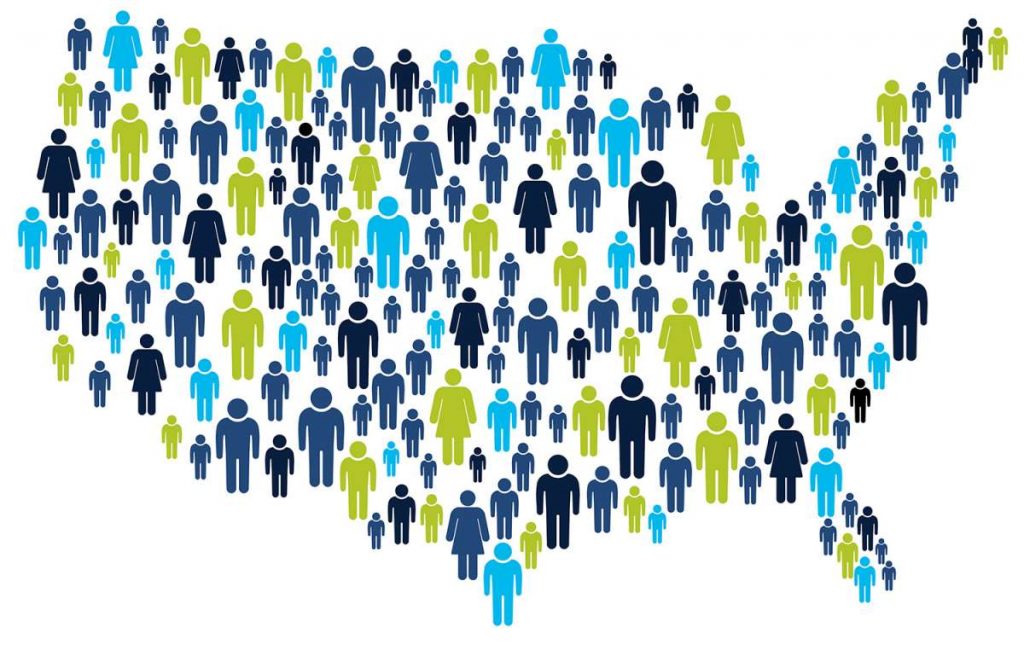Resource Highlight: Policy Map – The Name Says It All
By Merrill Stein
The Villanova community now has access to PolicyMap, an online tool for mapping and analyzing US national data on a wide variety of topics including education, income, employment, public health, crime, housing, and transit. Time series data is available from 2000 to the present.
Researchers can conduct demographic and socioeconomic analyses on a variety of geographic levels, from the national level to the neighborhood census block group as well as custom regions.
Some practical uses for PolicyMap include identifying vulnerable populations, examining social determinants of health, studying turnout rate in recent elections, viewing the number of intensive care unit beds, and evaluating Census response indicators by block groups.
Check out some of PolicyMap’s other features:
- Explore data indicators.
- View tutorials and support.
- Investigate the Mapchats Blog: Insights into Policy Issues, Data, and Mapping.
- Review curriculum resources on subjects such as sociology, population health, social work, and urban planning/development.
Access to PolicyMap is available via the Library’s Databases A-Z list and the Library catalog.

Merrill Stein is Political Science Librarian at Falvey Memorial Library.




